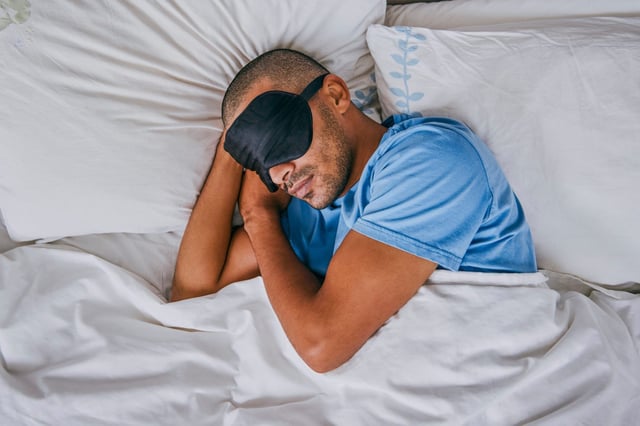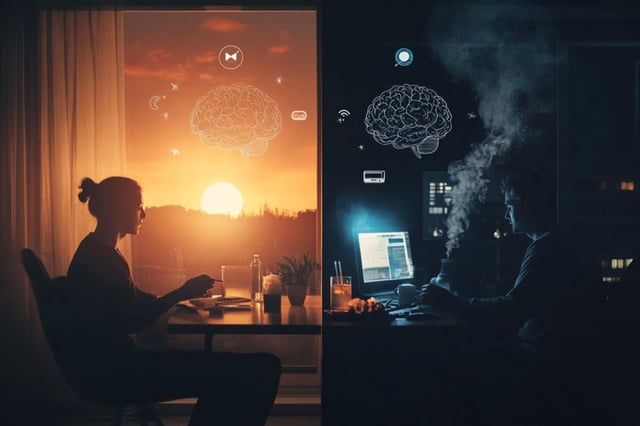Overview
- Researchers from the University of Groningen tracked 23,798 adults aged 40 and older over 10 years and found that each additional hour toward an evening chronotype among college-educated participants corresponded to a 0.8-point greater drop in executive function scores.
- Participants without a college education showed no meaningful association between sleep-wake preference and cognitive decline, highlighting an education-specific vulnerability.
- The team attributes the accelerated decline to ‘social jet lag’ caused by forcing evening-leaning individuals into early-morning schedules and identifies poor sleep quality along with smoking as explaining roughly 25% of the effect.
- Cognitive performance was measured through executive function and problem-solving tests, leaving questions about memory and other domains for further study.
- Given the difficulty of shifting chronotypes, researchers suggest that flexible start times, targeted sleep improvement efforts and smoking cessation initiatives could help protect long-term brain health in night owls.



